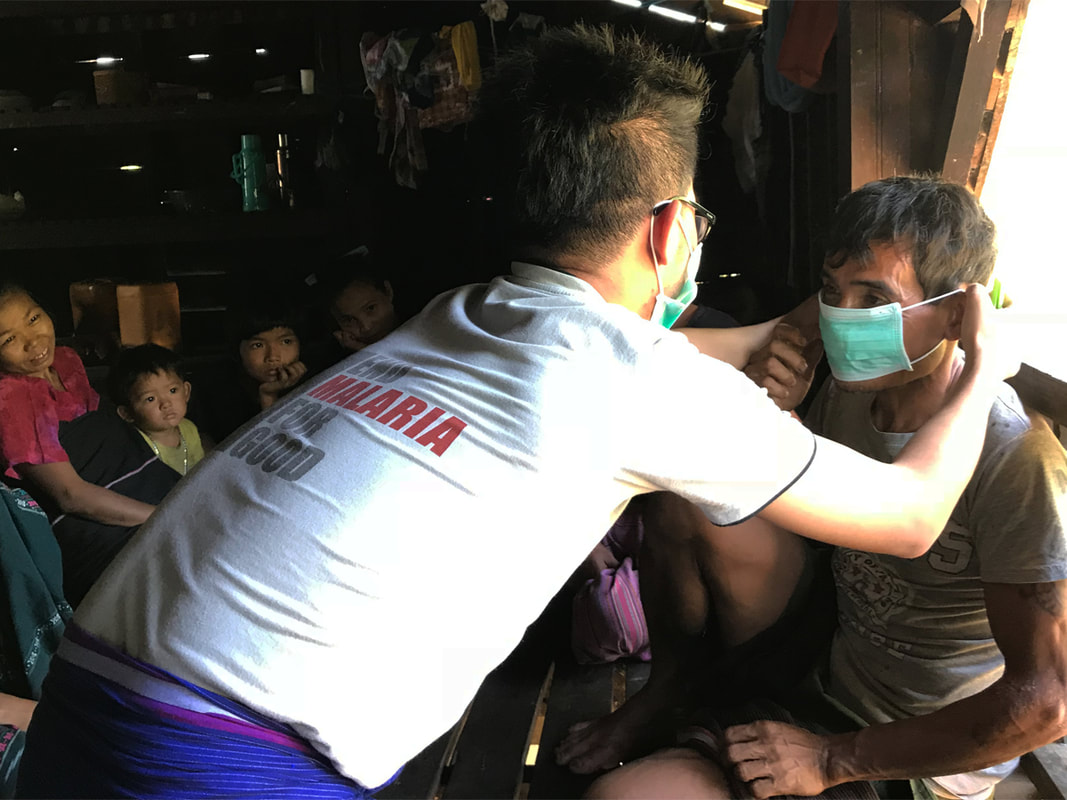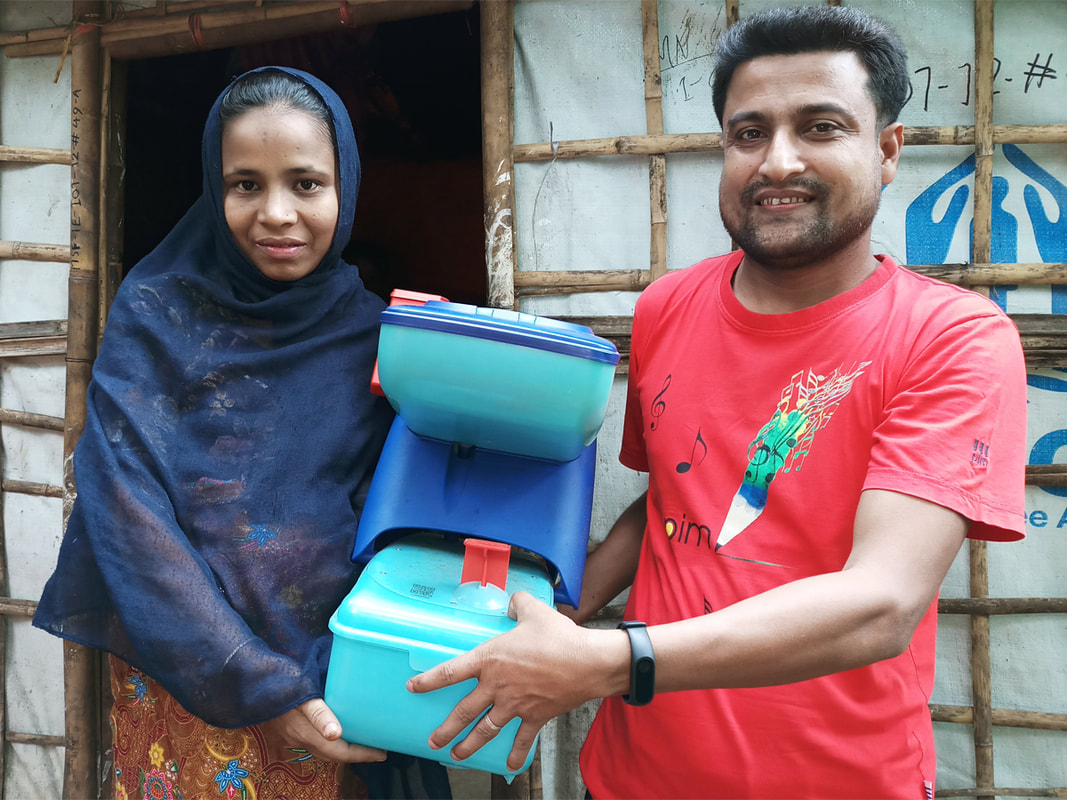CPI Engages in 16 Days of Activism Against Gender-Based Violence in Myanmar and Bangladesh11/28/2018
In support of the international campaign ‘16 Days of Activism Against Gender-Based Violence’, Community Partners International (CPI) is engaging in events and activities with partners and communities in Myanmar and in the refugee camps in Cox’s Bazar, Bangladesh, from November 25 (International Day for the Elimination of Violence against Women) until December 10 (Human Rights Day). During these 16 Days of Activism, CPI is working closely with communities to raise awareness and understanding of sexual and gender-based violence, promote rights and protections, and provide information about care and support needs and options for survivors.
In Myanmar, an estimated 116,800 babies are born premature (before 37 completed weeks of gestation) each year. Among children under five, 21% of deaths are attributed to premature birth complications. A growing body of evidence suggests that kangaroo mother care (KMC), where mothers hold premature babies skin-to-skin to prevent hypothermia and support early breastfeeding, is one of several key ways to help premature babies survive and thrive.
As Myanmar continues to implement challenging reforms in public health and social services, there is a pressing need to develop research expertise and generate the evidence base to guide and inform effective decision-making, service planning and implementation. To highlight the need for and help strengthen qualitative research capacity, Community Partners International (CPI) organized a three-day research training workshop in Nay Pyi Taw from November 6 to 8, 2018, attended by 32 representatives from the Myanmar Ministry of Health and Sports (MoHS) Health Literacy Promotion Unit (HLPU), the Department of Social Welfare (DSW), PhD students from the University of Public Health (UPH) in Yangon and CPI staff.
U Saw Paw Khwar's young son was successfully treated for malaria. Then U Saw Paw Khwar was diagnosed with tuberculosis (TB) and needed treatment. As malaria prevalence rates decline rapidly in southeastern Myanmar due to successful control and elimination efforts, community-based health workers are now supporting initiatives to tackle other infectious diseases such as TB.
In August 2017, Shofika fled violence in Rakhine State, Myanmar, and crossed the border into Bangladesh with her husband and three children, ages six, four and two. She sought shelter in the Kutupalong Expansion Site refugee camp in Cox's Bazar, Bangladesh, that houses more than 600,000 Rohingya refugees. It is currently the world’s largest refugee camp. In early 2018, Shofika became pregnant with her fourth child.
On October 20 and 21, 2018, the B. K. Kee Foundation hosted the second Myanmar Liver Symposium in Yangon, Myanmar, in collaboration with the Myanmar Ministry of Health and Sports, the Myanmar Liver Foundation, Stanford University School of Medicine’s Center for Innovation in Global Health and Community Partners International (CPI). Dr. Thet Khaing Win, Permanent Secretary of the Ministry of Health and Sports, Dr. Tin Myo Win, Chairman of the Union Peace Commission and U.S. Ambassador to the Republic of the Union of Myanmar Scot Marciel gave the welcoming remarks.
|
AuthorCPI Admin Archives
July 2024
Categories
All
|
|
|
COMMUNITY PARTNERS INTERNATIONAL
580 California St Fl 16, Ste 1658, San Francisco, CA 94104-1068, USA [email protected] +1 510 225 9676 We are a registered nonprofit 501(c)(3) Public Charity. TAX ID 94-3375666 |
©
Community Partners International



 RSS Feed
RSS Feed
